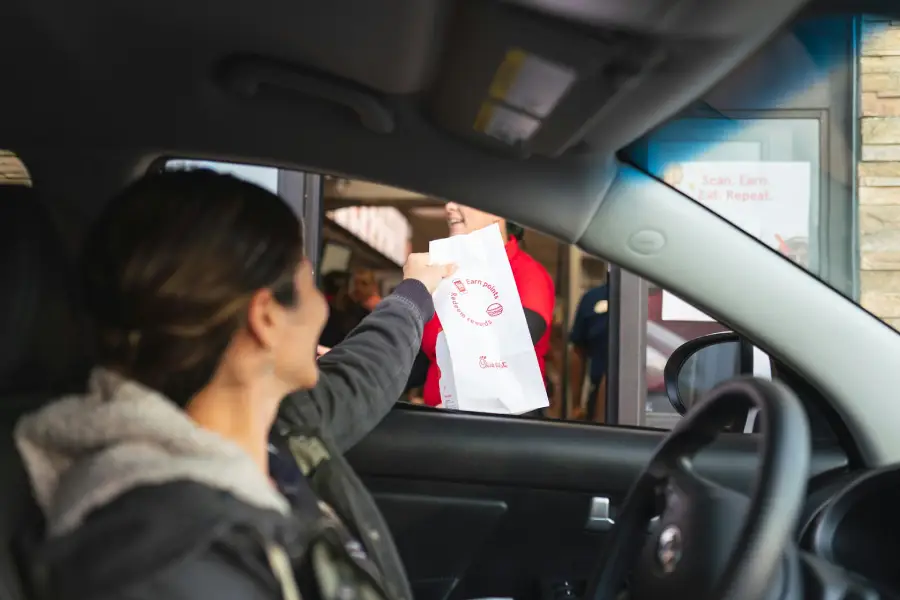Congestionamento de trânsito ligado ao aumento do consumo de fast food

A estudo da Universidade de Illinois Urbana-Champaign identificou uma ligação entre os atrasos no trânsito e o aumento das visitas a restaurantes de fast food. A pesquisa, conduzida no Condado de Los Angeles, constatou que os atrasos inesperados no trânsito levaram a um aumento de 1% nas visitas a restaurantes de fast food, o que equivale a aproximadamente 1,2 milhão de visitas adicionais por ano.
O estudo, liderado por Becca Taylor, professora assistente do Departamento de Economia Agrícola e do Consumidor, analisou dois anos de dados de tráfego rodoviário juntamente com dados de localização de telefones celulares para rastrear visitas a restaurantes. Os resultados sugerem que até mesmo pequenos atrasos, como 30 segundos adicionais por quilômetro, podem influenciar as escolhas alimentares, principalmente durante o horário de pico da noite.
O aumento do congestionamento de tráfego durante os horários de pico de deslocamento coincidiu com uma redução nas visitas a supermercados, indicando que as restrições de tempo desempenham um papel significativo nas decisões sobre as refeições. Os pesquisadores sugerem que a abordagem do congestionamento de tráfego por meio de melhorias na infraestrutura, expansão do transporte público e arranjos de trabalho flexíveis poderia ajudar a atenuar o impacto sobre os hábitos alimentares.
Embora o estudo tenha se concentrado em Los Angeles, os pesquisadores observam que padrões semelhantes podem existir em outras áreas urbanas onde os pontos de venda de fast food estão localizados perto das principais rodovias.


Respostas